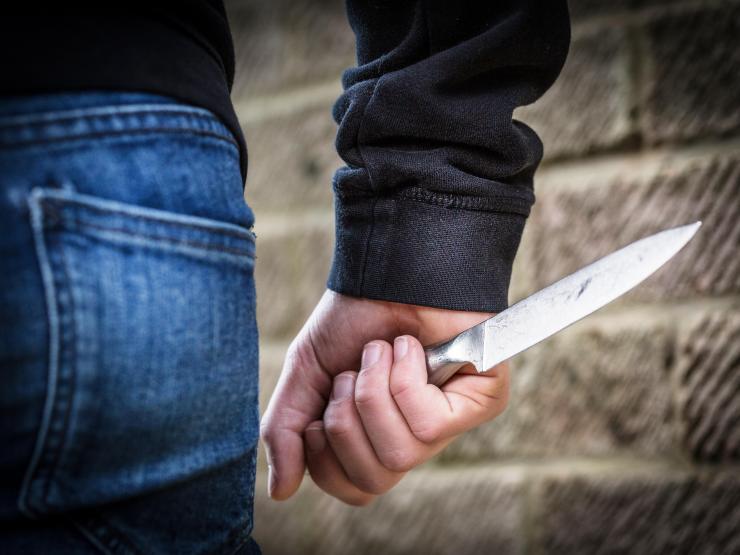Pastor and youth campaigner has called on ministers and the church to take “robust” action against knife crime, in the wake of the stabbings in Nottingham.
The accepted manslaughter plea by a man who fatally stabbed three people in Nottingham last year has shone fresh light on the issue of knife crime across the UK.
Valdo Calocane killed 19 year-old students Barnaby Webber and Grace O'Malley-Kumar and school caretaker Ian Coates in June 2023.
He denied murder on the grounds he was suffering from paranoid schizophrenia. His plea was accepted by prosecutors, after consultation with the bereaved families.
Pastor Nims Obunge MBE is CEO of The Peace Alliance, which works nationally with churches, the Home Office and the Met in the fight against gun, knife and youth crime.
While acknowledging Calocane may have failed to receive adequate care for his condition, Obunge says the threat knives pose to the public needs to be “robustly challenged.”
“I think that it's gotten worse. And it's gotten worse, because we've not had a very robust challenge of this.
“Let’s push on legislative framework, to avoid these machetes making their way into our nation."
In the year ending March 2023, there were around 50,500 offences involving a sharp instrument in England and Wales (excluding Devon & Cornwall). A rise of 4.7 per cent compared to 2021/22.
Sentencing statistics from the Ministry of Justice show there were just over 19,000 cautions and convictions for possession of a knife or offensive weapon, with 18 per cent of cases involving a juvenile offender (aged 10-17).
Obunge argues that early intervention is key in the fight against knife crime to provide “alternative” opportunities for vulnerable young people who find themselves caught up in violence. His recently launched Peer Action Collective, which seeks to support youths who have experienced violence, to bring about positive change:
“The idea is we're representing London, to get young people to go into schools, into the communities and actually get evidence based research on what young people’s challenges are, and implementing a programme plan to adjust that.”
He says the church’s input in this issue is vital. “The church is the voice for the voiceless. We are that organisation that can bring light in the midst of darkness - by spending time with some of these young people, creating programmes and plans, opening our doors for them to come in, using our places as alternative youth club centres.”





